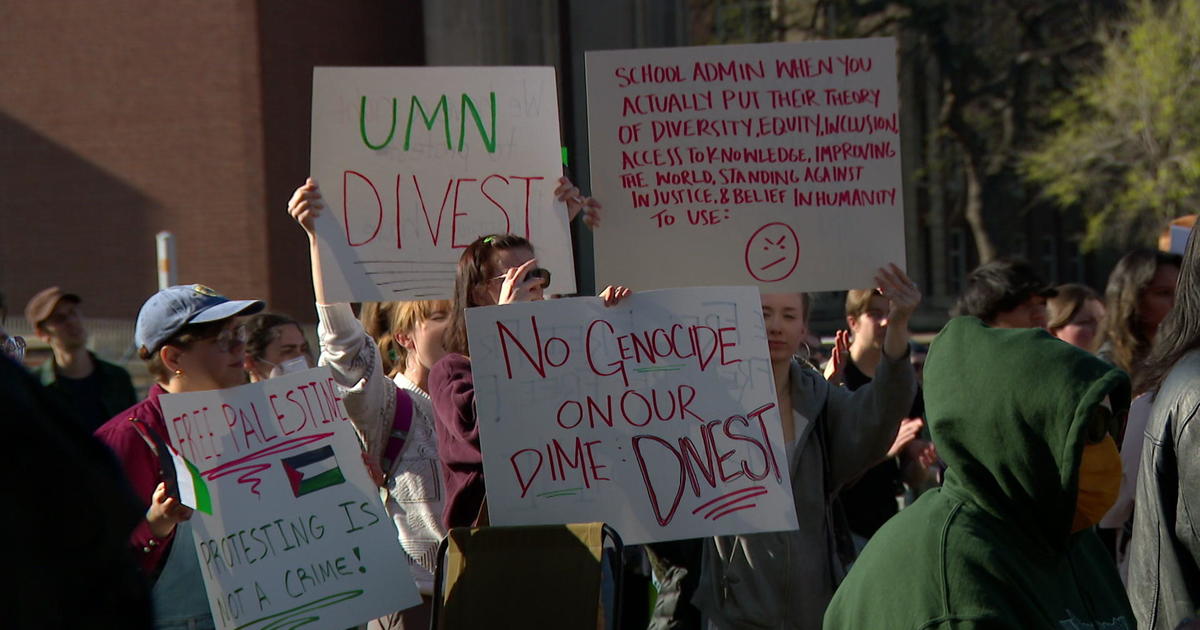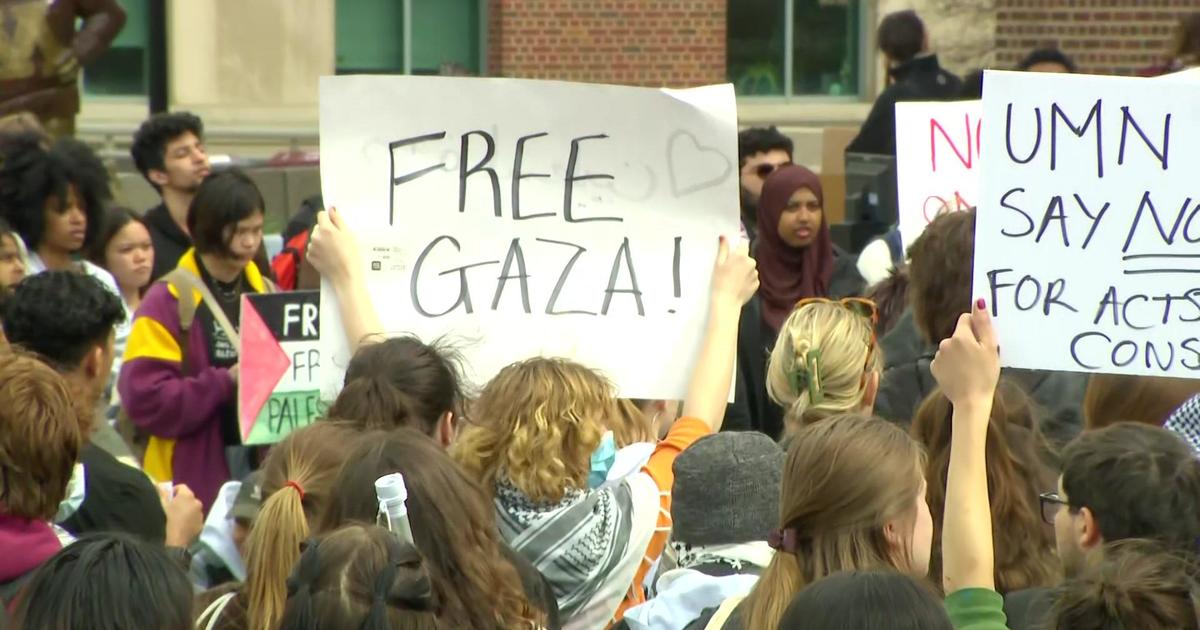Good Question: Do Strikes Pay Off?
MINNEAPOLIS (WCCO) - We know clearly who the biggest loser is in the Chicago teachers strike: the kids who should be in the classroom.
With the NHL lockout: it's the fans losing the game they love to watch.
But if you're going to walk off the job because the final offer isn't good enough, you'd hope the post-strike
deal would be better.
But do strikes pay off? Peter Rachleff, a labor historian at Macalester College in St. Paul, says they focus of most strikes is not on the money.
"I don't think the purpose of strikes was ever about getting a higher wage," Rachleff said. "[They're] about a sense of injustice. And money is tied to that. The money that says, 'that's all you'll pay me to do that job?'" Rachleff said.
Most workers who strike understand that they're not going to make their money back, Rachleff said. It's virtually impossible for a post-strike contract to make up for a couple weeks of not getting paid.
"There are labor economists who write books and crunch the numbers: this coal miners' strike that lasted six months - they'll have to work ten years at the new wages to ever earn it back," he said.
And sometimes, people never go back to work. The Northwest mechanics are one example. 1,300 American Crystal Sugar workers have been locked out for more than a year. Many live in Minnesota.
Two years ago, 12,000 Twin Cities nurses went on a one-day strike, threatening a long walkout. But they ended up voting for a deal that didn't end up changing their main issue: the ratio of patients to nurses in hospitals.
"Were they gonna get the legislature to pass a bill about patient staffing ratios?" asked Rachleff, lamenting what he considers a lack of a long-term post-strike strategy.
Because the costs and risks are so high, and Americans have moved from a manufacturing economy to a service economy, major strikes of more than 1,000 workers are almost unheard of.
According to the Bureau of Labor Statistics, in 1952 - at the peak of labor's power - there were 470 major strikes.
In 2011, there were just 19.
John Budd is chair of Carlson School of Management's Department of Work and Organizations at University of Minnesota. He says strikes are rarely a winning game for either side.
"There are usually many more losers than winners in strikes and lockouts, and thus they are rare," Budd said. "When workers feel that they've been pushed too far and have no other choice, then they strike even though they know they won't make up for it in dollars and cents. There is also typically a sense that we have to stand now otherwise we'll just keep getting pushed and pushed."
And Rachleff says that even though the gains may be minor, strikes can give workers a sense of empowerment.
"There may be disappointment in the particular clauses [of a post-strike contract], but that sense of 'We were tested; we stood up to it' remains," Rachleff said.



